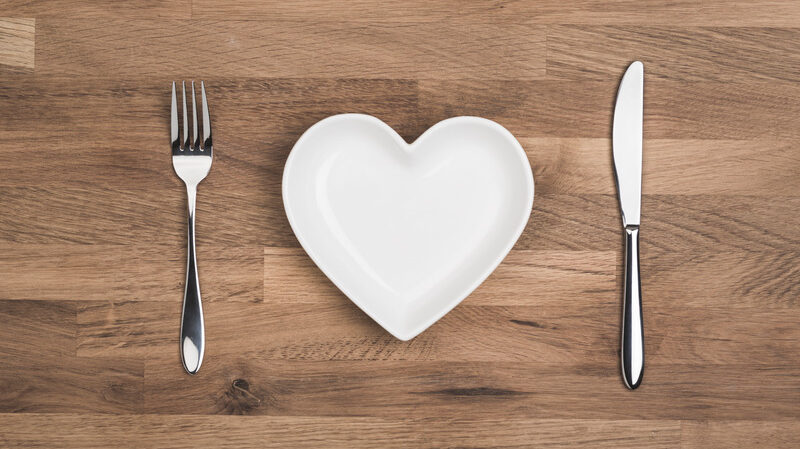Main Line Center for Eating Disorders provides evidence-based, multidisciplinary care for children, adolescents, young adults and their families struggling with eating challenges and co-morbidities.
We are a team of Certified Family Based Treatment providers and Eating Disorder Specialists who are passionate about delivering treatments that work - because achieving holistic recovery from an eating disorder is possible.
Services Offered
children . adolescents . young adults
Main Line Center for Eating Disorders is committed to making your family’s eating experience more peaceful. We treat clients ages 5 to 30 who are medically stable for outpatient level of care.
We believe in the importance of supporting the client as well as the entire family (when relevant) as we work towards recovery. When possible, we encourage caregivers and other family members to be involved in treatment.
Every client we treat at Main Line Center for Eating Disorders will receive care that reflects our core values.

Main Line Center for Eating Disorders was founded to fill an insurmountable need for families seeking treatment for their loved one and to train future generations of clinicians in the service of further increasing access to care.
We are a group of experts dedicated to assisting those struggling with eating-related concerns achieve holistic recovery and build a life worth living that is free of diet culture



